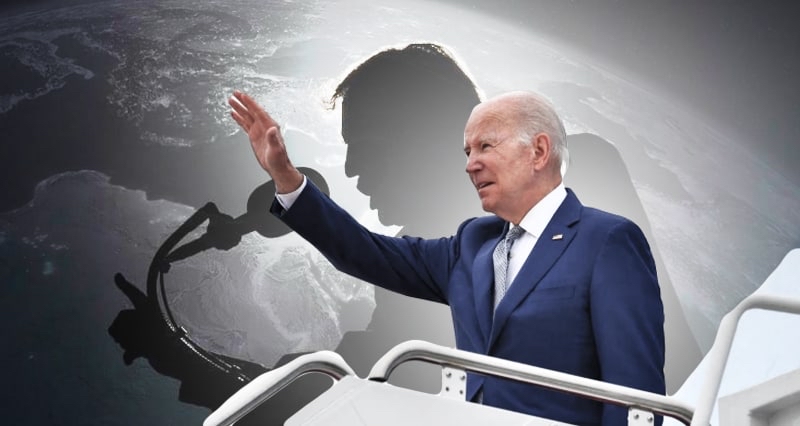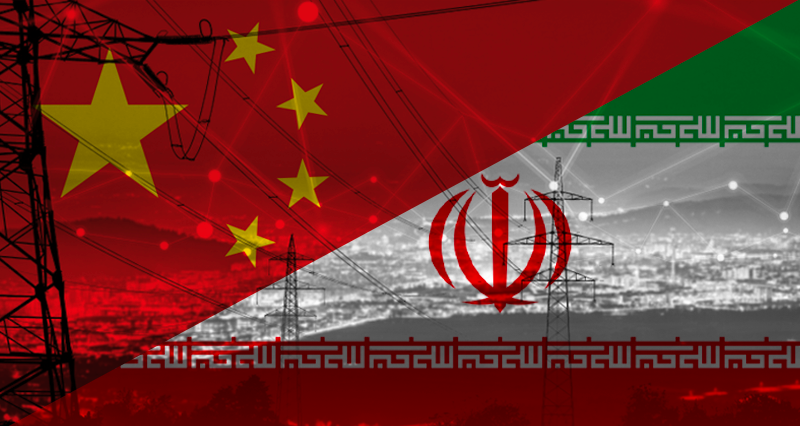By Vitaly Naumkin
Scientific Director of the Russian Academy of Sciences and Institute of Oriental Sciences
The main purpose of US President Joe Biden’s first visit to West Asia was his final destination, Saudi Arabia. After completing two visits, to Israel and the West Bank, he arrived in Saudi Arabia. Although the visit was a step towards a return to the region, which has been downgraded in the US foreign policy priorities with its pivot towards Asia in general and especially China, it was very clear that the missions of Biden’s political tour were directed to more than West Asia. These missions include broadening the anti-Russian front, overcoming the energy crisis and boosting the US President’s dramatically declining popularity in the domestic policy. President Biden therefore decided to “step on the throat of his own song”, as a Russian saying goes, and took a painful political turn. Sure, this has attracted the attention of the Russian public. However, not so much as to overshadow many other events, especially those related to West Asia, where Moscow’s positions have been considerably strengthened in the recent period. The vast majority of Russian analysts assessed the outcomes of the US President’s visit as a failure or, at best, as a lack of fulfillment of any of his predetermined missions.
President Biden will be trying to interpret some of the outcomes of his visit in his favor in order to reinforce his party and his personal position in the US. This is particularly important given the US mid-term elections this fall, which are likely to play a crucial role in the 2024 presidential elections.
While Biden aimed to gain as much as possible from his meeting with Israeli Prime Minister Yair Lapid, it was useless for him to compete in support of Israel with the most pro-Israel US president of all time, Donald Trump. The importance of anti-Iran discourse in developing an alliance with Israel has diminished as a consequence of the Biden administration’s continued commitment to the project of renewing the Joint Comprehensive Plan of Action (nuclear deal), albeit with some reservations. Biden’s attempt to “play in the Palestinian arena” was more desperate and futile. Simply speaking, there was nothing the US President could do for the Palestinians except renewing support for the UN Relief and Works Agency for Palestine Refugees in the Middle East (UNRWA). This is what Trump rejected during his presidency. Even the pledge to open a US Consulate General for Palestinians in East Jerusalem was not fulfilled by Biden, despite the apparent simplicity and peacefulness of it.
All that remains is that Riyadh accepted Washington’s demand to increase oil production by 50 percent in the next two months. However, there are many details that may diminish the impact of this decision, which was also widely reported in the media. As is known, Biden responded to questions by saying that the retail price of gasoline at American gas stations is already falling day by day and promised that this trend will continue for the next two weeks. It is known that Biden has indeed asked fuel station owners to reduce prices. But will this effectively help to overcome the crisis?
As for Saudi Arabia’s decision to increase oil production, it did not raise any concerns in Moscow. For one, Saudi Arabia has not backed down from the implementation of the “OPEC+” agreement.
Second, Russia respects the sovereign right of independent states to determine their policies as the way the governments find in favor of their national interests.
Thirdly, after this increase in production, we will continue to earn quite good profits from supplying energy to a large number of countries.
Fourth, contrary to Biden’s wishes, Saudi Arabia did not condemn Russia’s policy on Ukraine.
Added to that the results of Biden’s meeting with the leaders of several Arab countries, the following points stand out:
First, the summit did not produce a security agreement or a decision on the so-called “Arab NATO”. This has been a much-debated topic in the American media lately. Even the “Iranian threat” and the importance of the struggle against Iran, on which the US President relied to realize the project, did not help to secure the agreement on it. Second, the Arab-Israeli normalization area could not be expanded enough to include Saudi Arabia. Third, Arab leaders strongly reminded Biden of the urgency to resolve the Palestinian question, which the Democratic administration has done nothing to address like the previous Republican one.
I liked Crown Prince Mohammed bin Salman’s courageous and yet polite way of “soothing” the US President when Biden mentioned the “Khashoggi case” to save face. The Crown Prince of Saudi Arabia brought to his guest’s attention the notorious American “Abu Ghraib” Prison in Iraq and the murder of Al-Jazeera reporter Shirin Abu Aqle in Israel. However, since guests are always treated with respect in the East and relations with the US are of a strategic character for Saudi Arabia, the Crown Prince did not remind many other things. Here again I am reminded of a well-known and very apt Russian proverb:
“Every cow has the right to bellow, but your cow must keep quiet.”
Of course, we would have wanted more than that. We would have wanted all Arab countries to unite their ranks and demand the uncompromising implementation of the United Nations Security Council resolutions on West Asia. And with such an uncompromising stance that would lead to the establishment of an independent, viable Palestinian state in the region, with East Jerusalem as its capital, and the liberation of the occupied territories (not only in Palestine but also in the Golan)… Nevertheless, the opinions voiced by Arab leaders can only be welcomed.
It should be noted that on Saturday, July 16, after the results of Biden’s visit to Saudi Arabia became known, the official Russian television channel “Russia 24” aired a documentary about the first Russian ambassador to Saudi Arabia, Kerim Hakimov. Based on archival documents, the documentary tells the history of relations between Saudi Arabia and Russia and the Soviet Union. The documentary highlights the fact that Moscow was the first country to recognize Saudi Arabia and that Moscow was sympathetic from the very beginning to King Abdulaziz bin Saud’s desire to create a strong, unified, centralized, sovereign state in the Arabian Peninsula.
The producers of the documentary point out that during the 1930s, which was a difficult time for the Soviet state, Moscow was successful in trading with Saudi Arabia, especially in providing goods needed by Saudi Arabia, such as foodstuffs (including flour) and kerosene, despite the obstacles put in place by third parties to prevent it. This seems very important given the current global food and energy crisis.
The Russian people are grateful to the Arabs for their coherent position on our country’s foreign policy, their refusal to condemn Russia in the Ukraine crisis and to join sanctions. I am sure that our gratitude and respect for our Saudi Arabian partners and their brothers and sisters in the Arab world will live on in the memory of our descendants and will further strengthen our relations.
The article was first published on July 21 on the website of “Shark al-Awsat”. Translation by United World International

















Leave a Reply